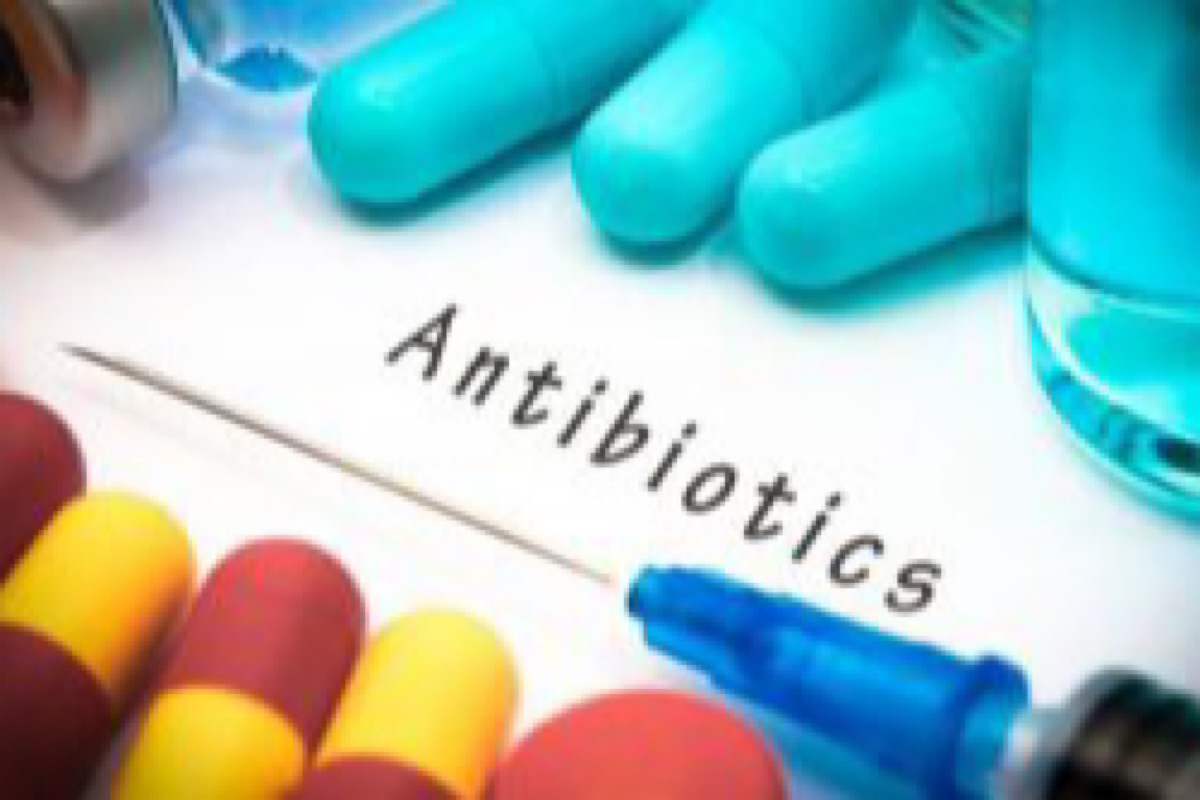West Bengal is the highest consumer of antibiotics inthe country owing to irrational and rampant prescriptions advising patients to consume these drugs.
A study conducted by the state health department revealed this alarming finding. This claim came from no other than N S Narayan Swaroop Nigam, principal secretary in charge of the health department headed by the chief minister Mamata Banerjee.
While addressing in a seminar, ‘Sepsis prevention awareness programme’ held at Swasthya Bhavan, the health department headquarters at Salt Lake, on Friday Mr Nigam said, “We are the highest in the country in terms of antibiotics consumption. While analyzing the use of antibiotics in our state we got this very important data.”
According to the study, resistance rate of a large number of special category and common antibiotics in the state is more than 60 per cent.
A team of microbiology experts of health department analyzed positive reports of more than 32,000 culture and sensitivity tests of patients of government hospi- tals during past one year and revealed the findings.
The test reports are uploaded in the portal of microbial identification, anti-microbial resistance detection system of the health department.
“Apart from you (doctors) who are sitting here, common public are also doctors because the latter consume antibiotics at their whims. For instance, they increase dose of antibiotics for two days or three days. This is sheer nonsense. This unbridled use of antibiotics has
to be stopped,” Mr Nigam said. “Prescriptions made by doctors in government and private hospitals should be checked to find out whether antibiotics are prescribed rationally or not,” the principal secretary said.
He also stressed the need for implementing measures in hospitals whether they are following anti- microbial protocols to prevent hospital acquired infections among patients.
“We have to check whether big private hospitals follow the anti-microbial control protocols. Pri-vate hospitals will have to implement the protocol in critical care unit (CCU) at a time whenthe charge is Rs 40,000 for treatment per day. The director of medical education (DME) and direc- tor of health services (DHS) should make physical vis- its to microbiology units in hospitals to verify imple- mentations of the protocols,” Mr Nigam added.
Dr Debashis Bhattacharya, DME, and Dr Siddhartha Niyogi, DHS, were present in the pro- gramme.
“I want to see the protocols are in place in all hospitals in all hospitals. Microbiology units in hospitals should also be well-equipped with experts and devices,” Mr Nigam felt.
“Antibiotics are a indispenable tool in treatment of infections but their indiscriminate and irrational use is making them ineffective in many occasions. Uniformed self medications by common people and a section of doctors’ habit of prescribing antibiotics rampantly aggravate the crisis. We must start our fight against antibiotics resistance today though it’s too late,” said Prof. (Dr) Shantanu Tripathi, a pharmacovigilance expert.











